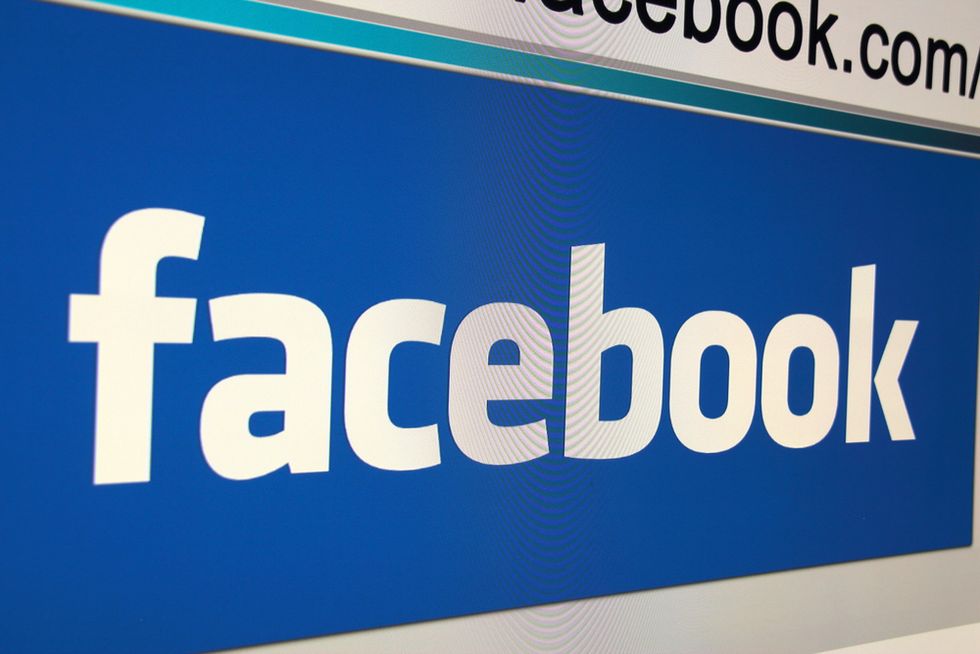
Photo Credit: Shutterstock

(TheBlaze/AP) Last year, Facebook announced more than 50 gender options that its users could choose from to describe their identities — male, female, transfeminine, two-spirit, to name a few. But this week it added even more flexibility: fill in the blank.
Facebook users who don't fit any of the 58 gender identity options offered by the social media giant can write in whatever gender they would like to use to describe themselves.
"Now, if you do not identify with the pre-populated list of gender identities, you are able to add your own," said a Facebook announcement published online Thursday morning and shared in advance with The Associated Press.

Facebook software engineer Ari Chivukula, who identifies as transgender and was part of the team that made the free-form option, thinks the change will lead to more widespread acceptance of people who don't identify themselves as a man or woman.
"We're hoping this will open up the dialogue," Chivukula said.
Alison C.K. Fogarty, a gender identity researcher at Stanford University, said giving users control over the words describing their gender is a significant step in social recognition of a growing trans community, especially coming from the world's largest social media company.
"People are still fighting to make room for gender identity within the socially constructed binary of male and female," Fogarty said. "Labels and identities are powerful in that they give a sense of community, a way of articulating one's experience."
In February 2014, Facebook expanded gender identity from male and female to a list of dozens of options, including Androgyne, Gender Fluid, Intersex, Neither and Transgender. Those choices will all still be available.
People who choose a custom gender can also choose the pronoun they would like to be referred to publicly: he/his, she/her or they/their.
Facebook has a setting for users to control the audience who sees their gender.
Last year's changes created an online stir, with thousands of comments — some grateful, others confused or hostile. But staff at Facebook said there was full support to take it even further this year, from CEO Mark Zuckerberg on down.
As of Thursday, the custom gender identity option with a list of words was available in the United Kingdom, Canada, Australia, France, Spain, Italy, Germany, Argentina and Denmark. The free-form option rolled out to U.S. users.
One thing that has not changed is an "interested in" option for Facebook users to define whom they might want to date. That option still only allows men or women, but users can click both options, one option or neither option. They can also hide it entirely.
Facebook, which has 1.23 billion active monthly users around the world, would not release how many users have chosen gender identity options beyond man or woman, citing privacy concerns and a general practice of not sharing user information.
The Williams Institute, a think tank based at the University of California, Los Angeles, estimates there are at least 700,000 people in the U.S. who identify as transgender, an umbrella term that includes people who live as a gender different from the one assigned to them at birth.
Sarah Kate Ellis, CEO and president of the advocacy group GLAAD, said that the past few years have brought "real movement in trans visibility" and that Facebook has been a leader in making that happen.
"This helps to accelerate trans acceptance in our country," Ellis said. "I'm excited about the future for gender identity."
Earlier this week Facebook also launched a new tool that it hopes will aid in suicide prevention.
—
Front page image via PromesaArtStudio/Shutterstock.
—
This story has been updated to fix a typo in the headline.